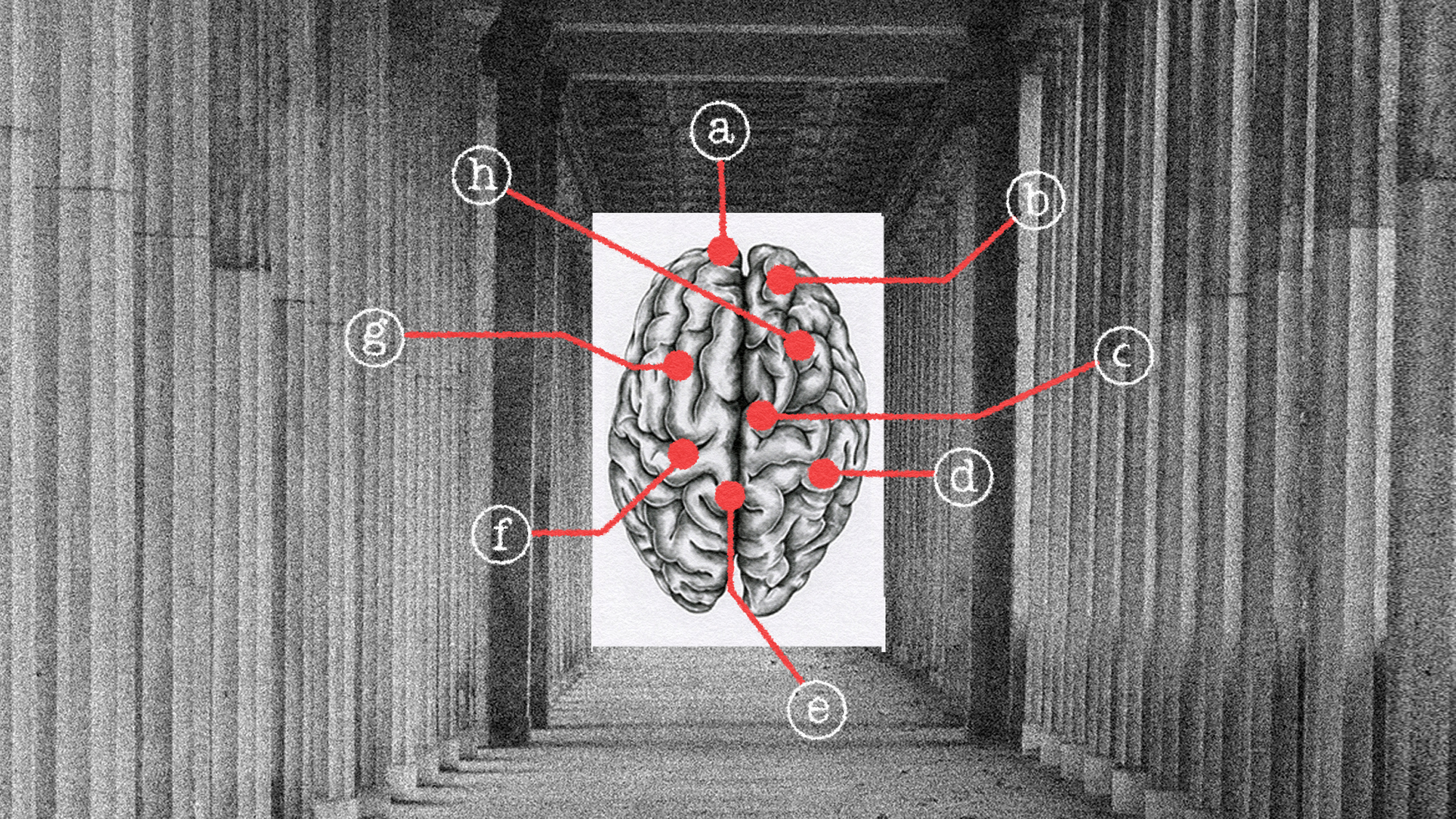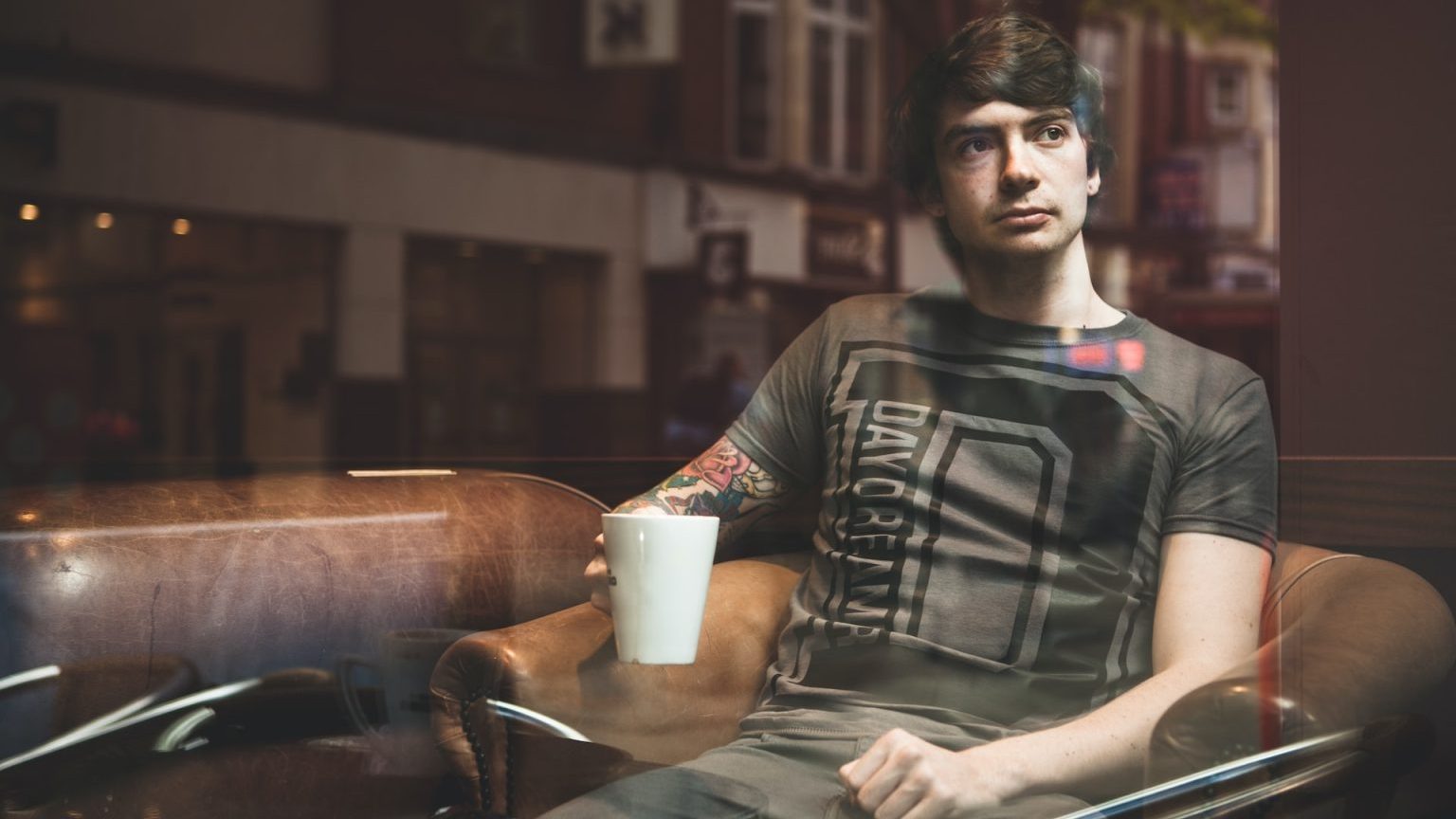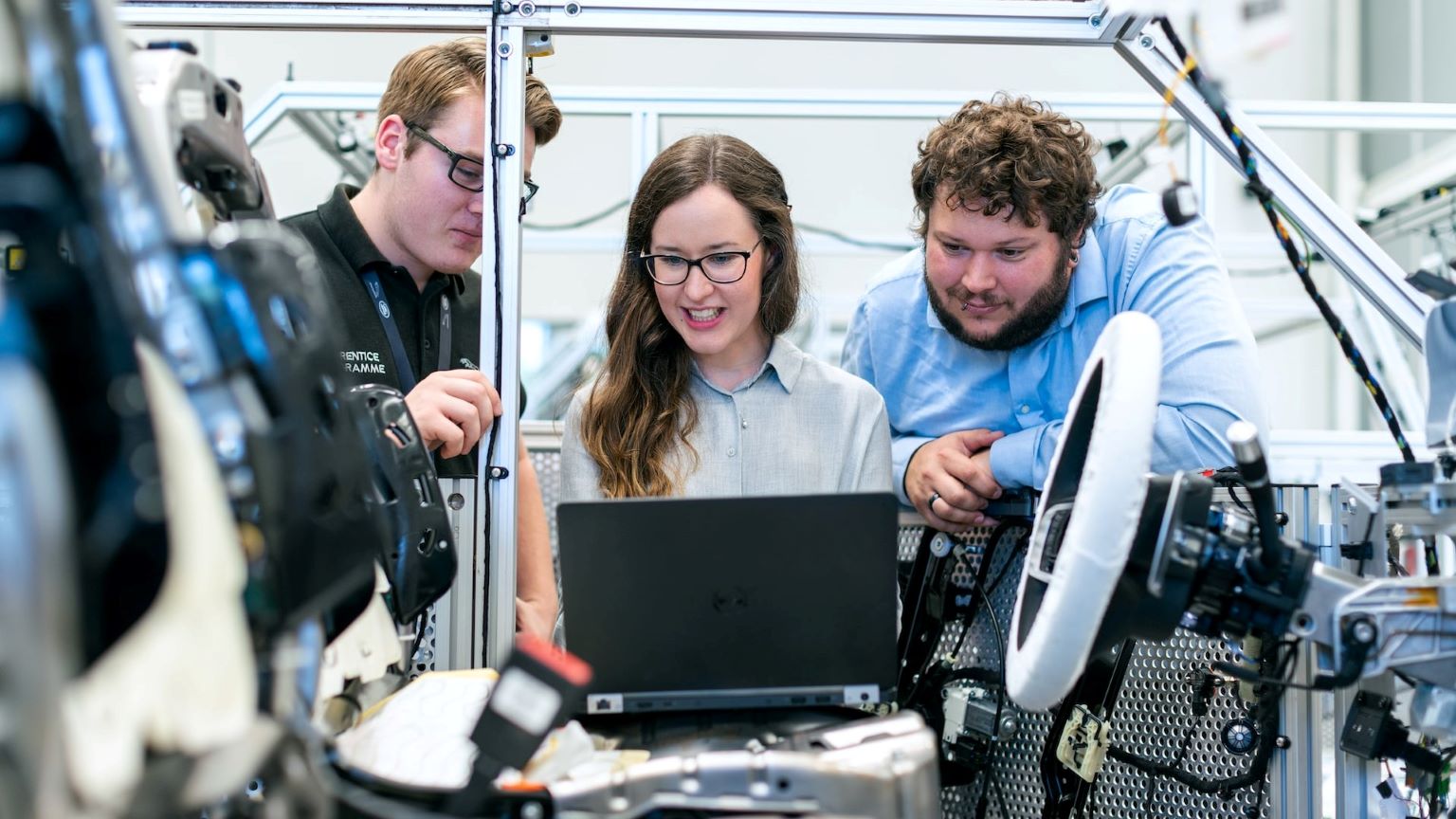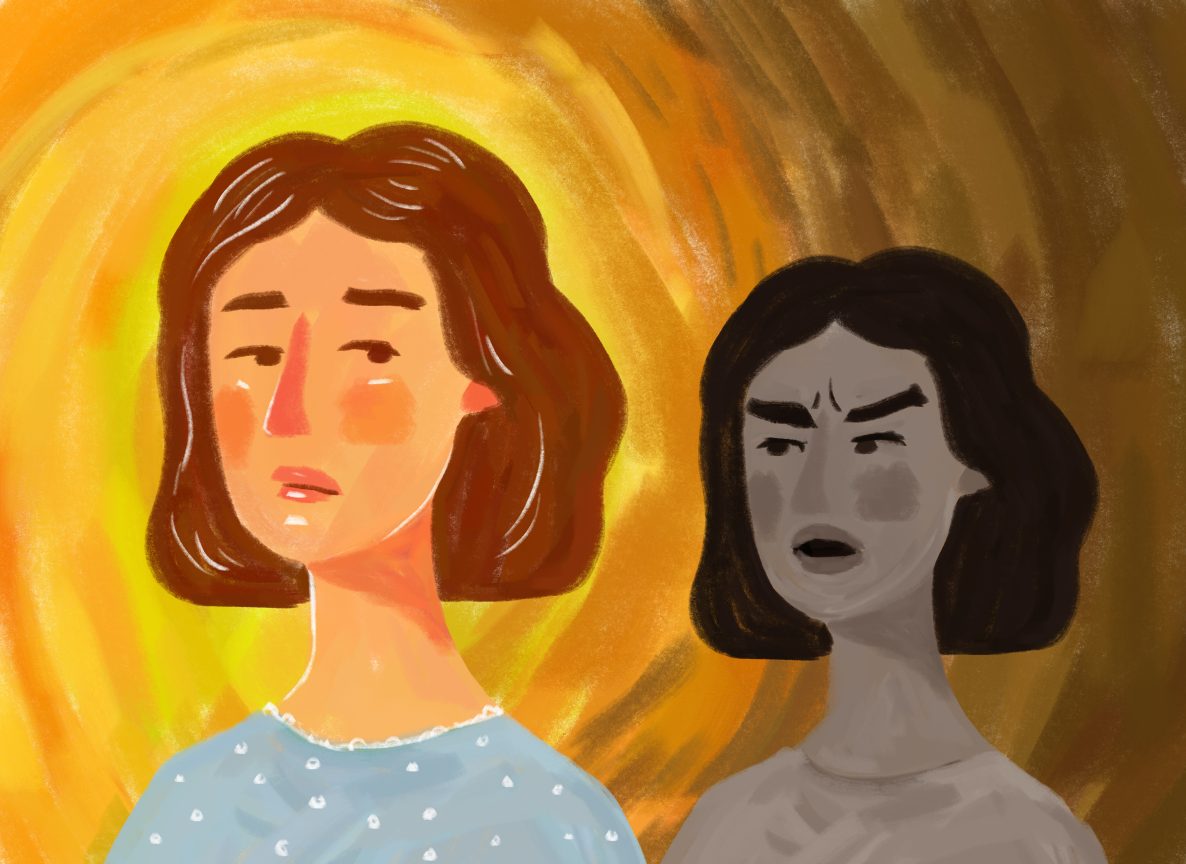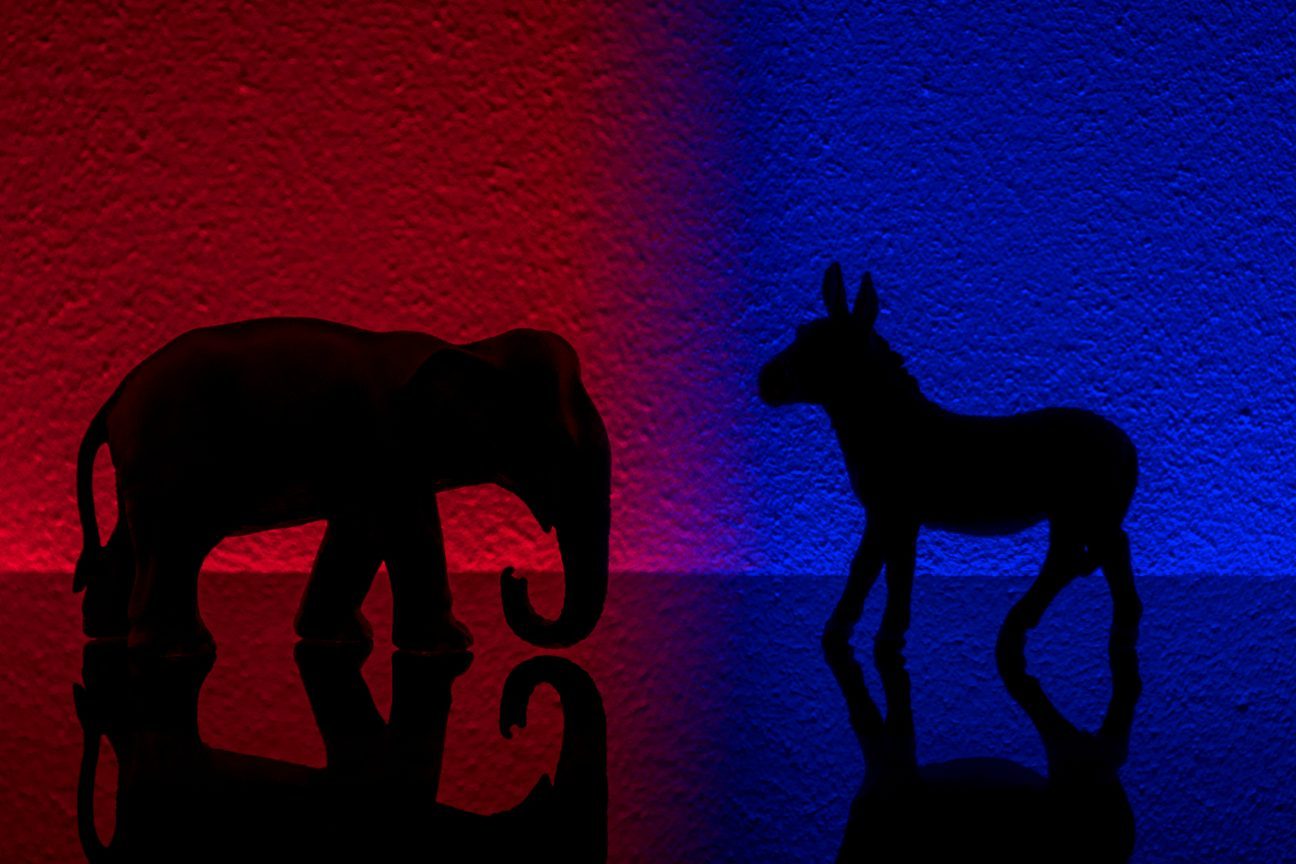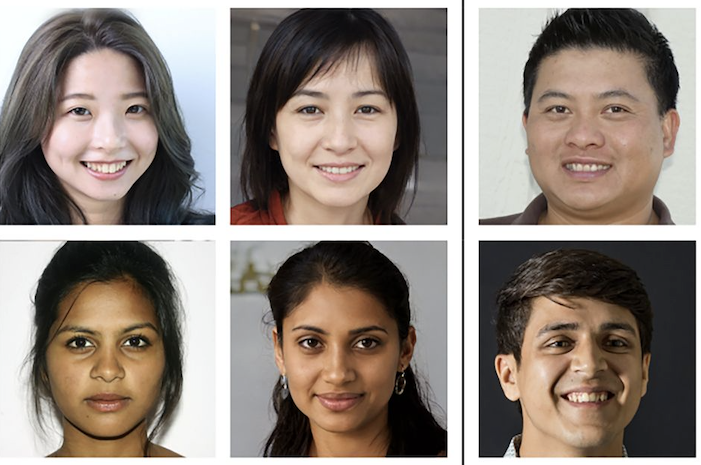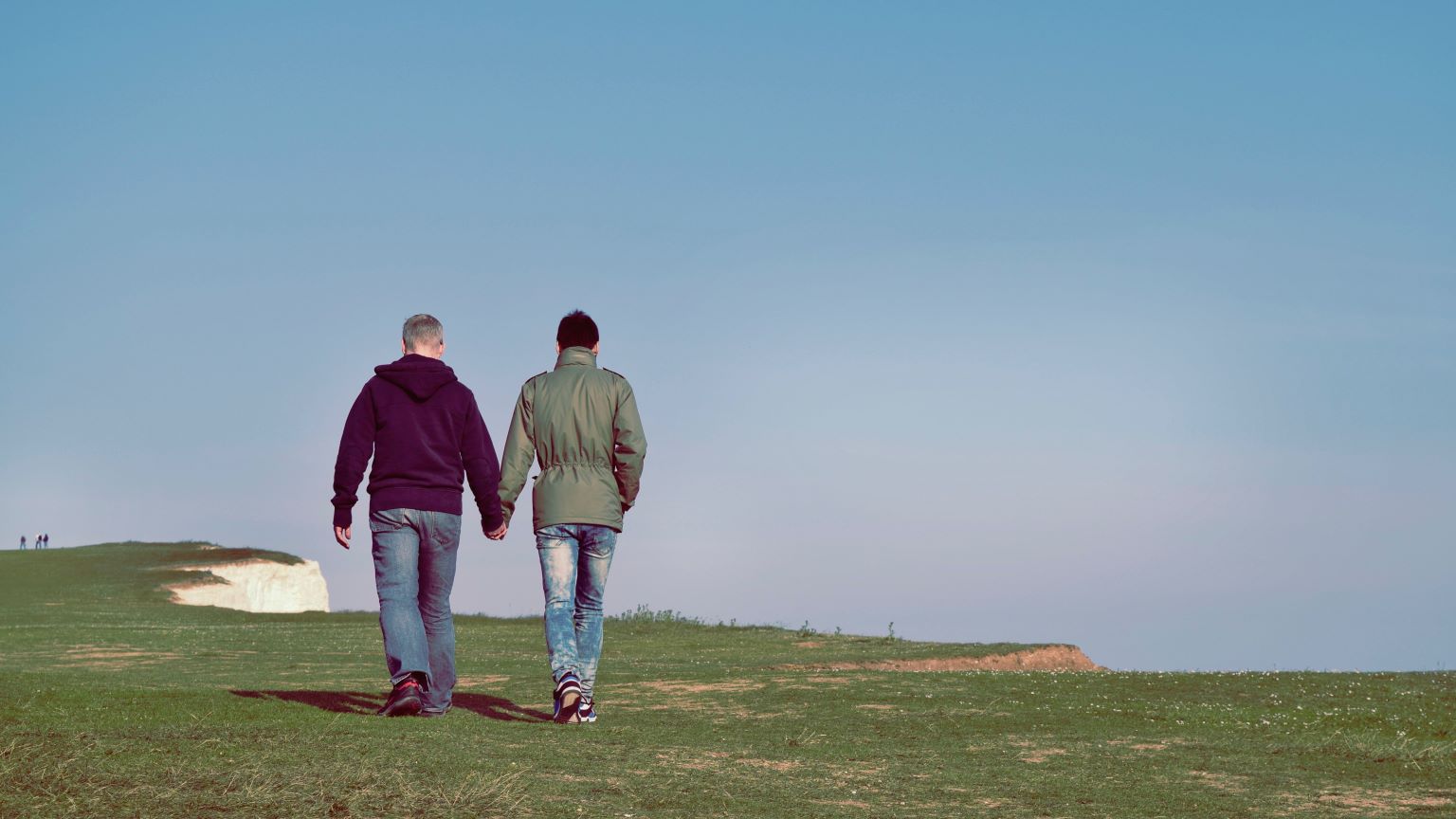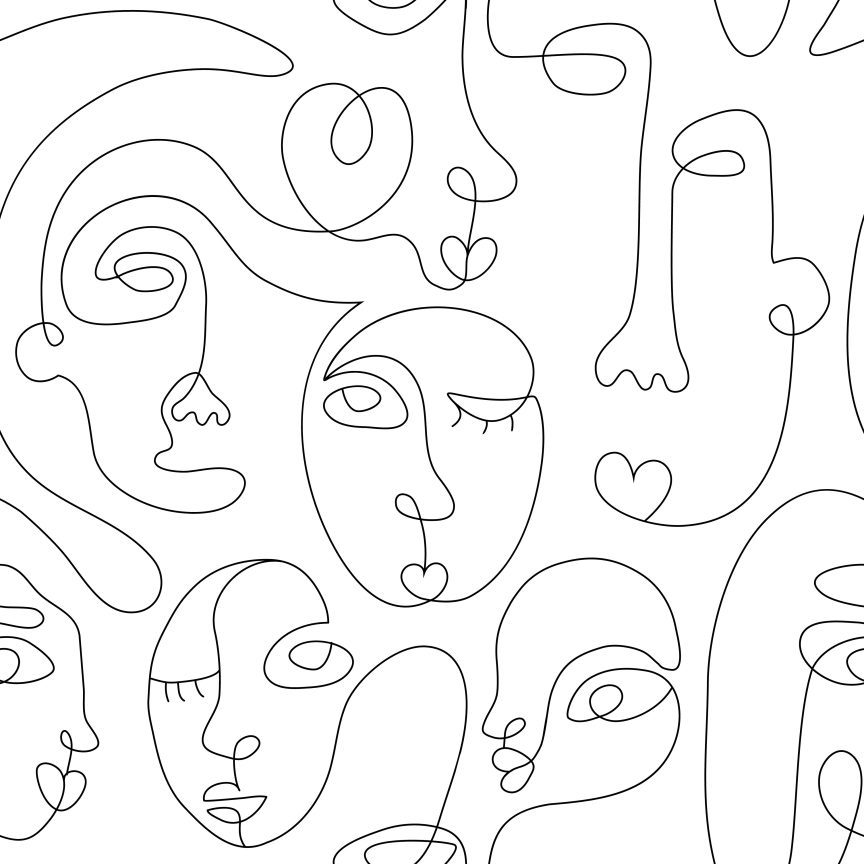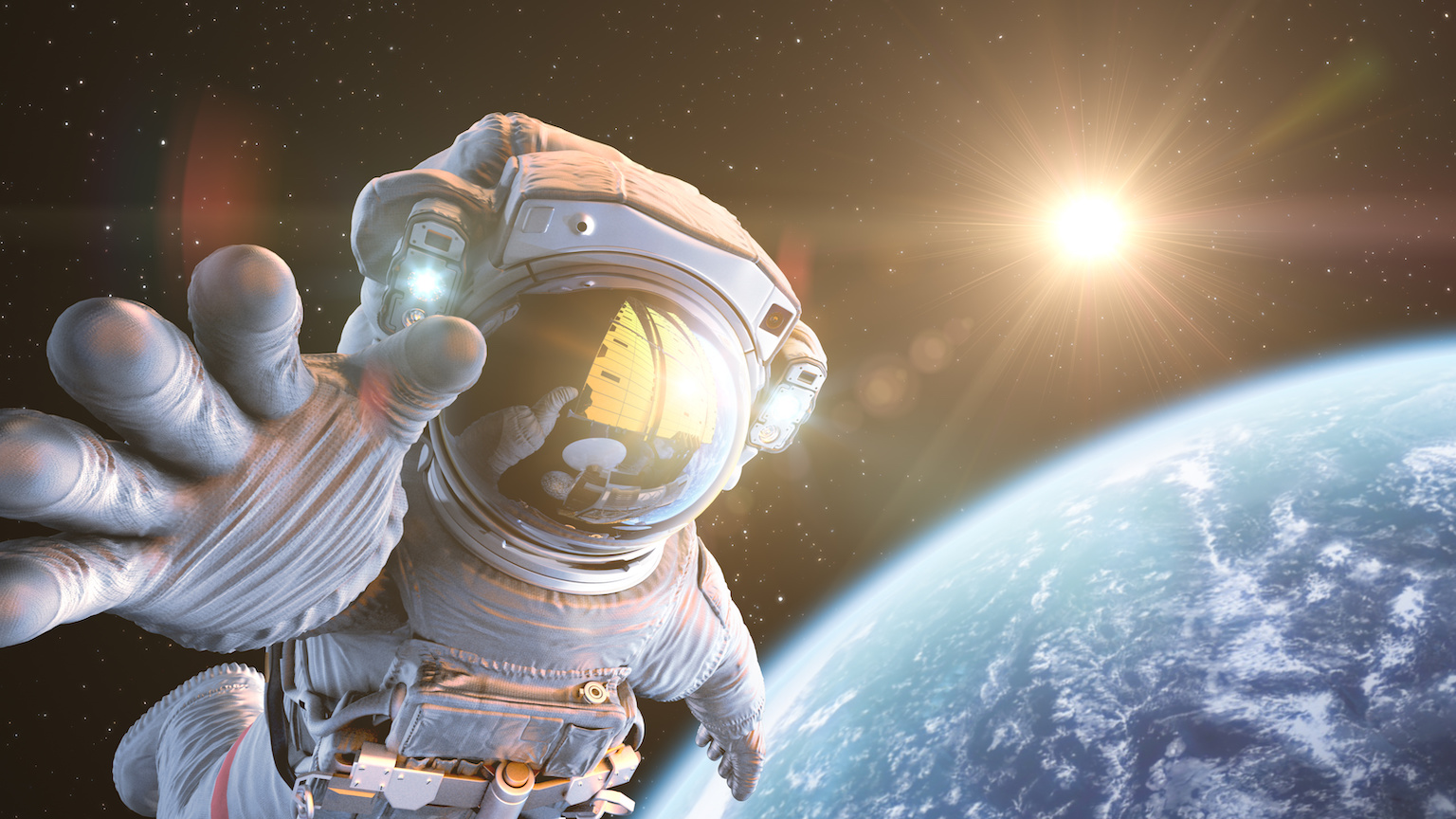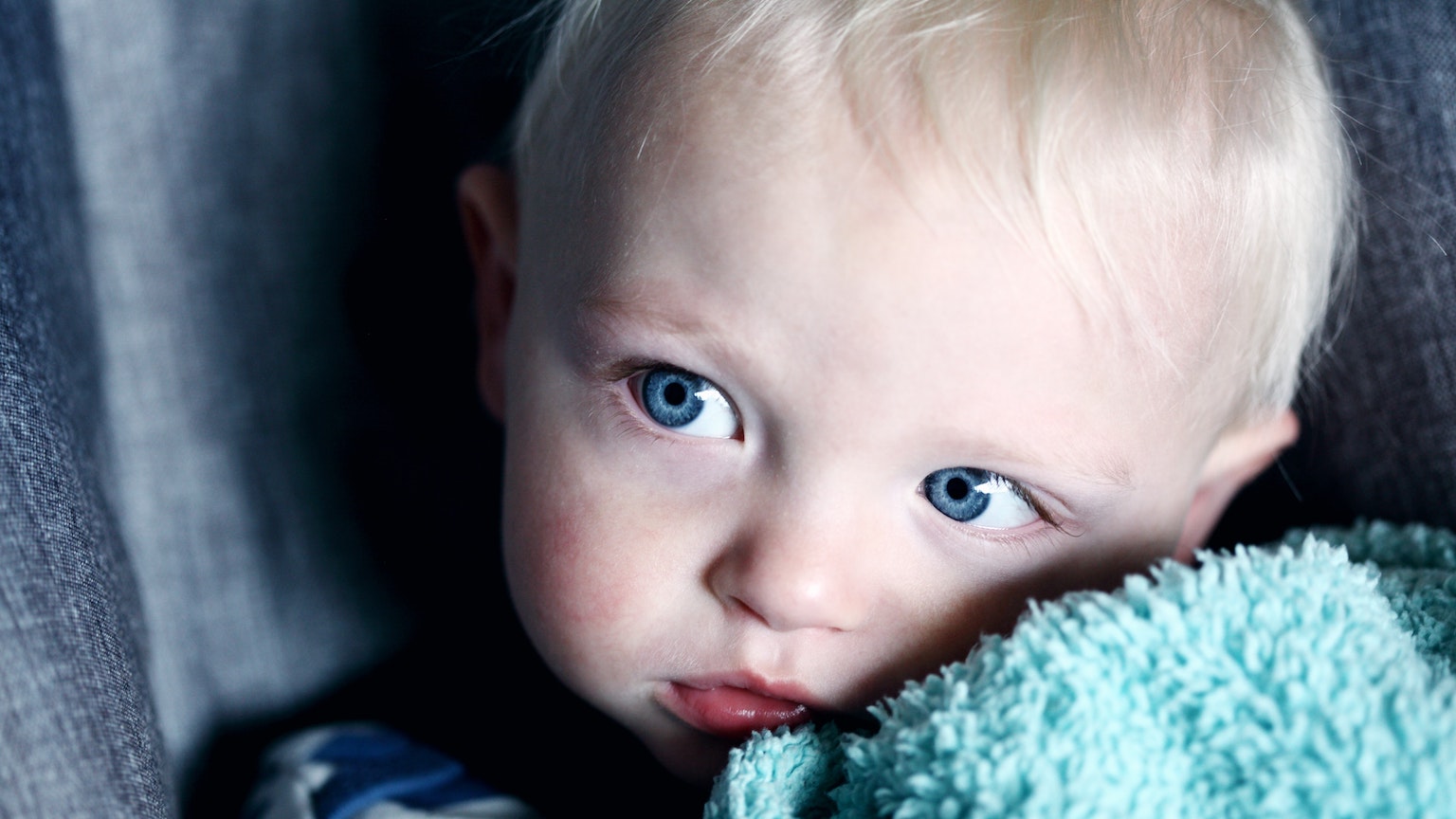Neuropsych
Is a repressed memory always so bad?
“I thought strangers knew who I was and were whispering about me as I walked by.”
Your brain isn’t wired for happiness — but you can change that, explains Yale scientist Laurie Santos.
▸
9 min
—
with
A part of human nature needs to be challenged and feel strong. Today, we fulfill that need with “surrogate activities.”
“In our studies, people who are more intelligent don’t mind wander so often when the task is hard but can do it more when tasks are easy.”
Not every “expert” has the expertise to back up their argument.
Being more creative doesn’t require a ‘Muse.’ It’s about pairing intelligence and imagination.
Your inner voice can be the devil on your shoulder or the angel. It depends on where your focus lies.
People underestimate their opponent’s capacity to feel basic human sensations. We can short-circuit this impulse through moral reframing and perspective taking.
What makes a face trustworthy, anyway?
Men with one older brother are 12% more likely to enter a same-sex union than those with a sister.
Implicit bias may be outside your conscious control, but that doesn’t mean change is.
Communication with home will be difficult on long-haul space flights. The longer this isolation goes on, the more detached a crew becomes.
Awe makes us feel smaller but also more connected to life and each other.
We are more likely to agree with someone who also agrees with us. Young children, though, only trust themselves. We have to learn to trust.
A new study suggests that depressed people may prefer a Leonard Cohen or Bob Dylan song to one from The Beach Boys or One Direction.
Philosophers, theoretical physicists, psychologists, and others consider what or who is really in control.
▸
19 min
—
with
A 50-year study reveals changing values children learned from pop culture.
New study suggests the placebo effect can be as powerful as microdosing LSD.
While not the first such minister, the loneliness epidemic in Japan will make this one the hardest working.
After 20 months, scientists find lab-dish brain cells matured at a similar rate to those of an actual infant.
A tourist generally has an eye for the things that have become almost invisible to the resident.
More than 70% of college students procrastinate
What can ‘behaviorism’ teach us about ourselves?
As a new industry emerges, therapists need to be educated.
In her book The Art of Rest, one researcher conducted a thorough analysis of the top 10 activities we find most restful.
New research from MIT is unintuitive but could lead to a better system.
The Defense Advanced Research Projects Agency (DARPA) recently issued $8 million in follow-up funding to a team of neuroengineers developing brain-to-brain and brain-to-machine technology.
Learn how to practice “self-indifference.”
Some volunteers performed above chance. They weren’t the psychics.
